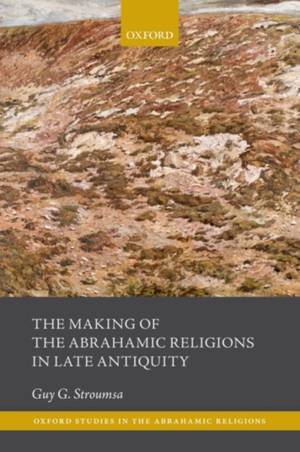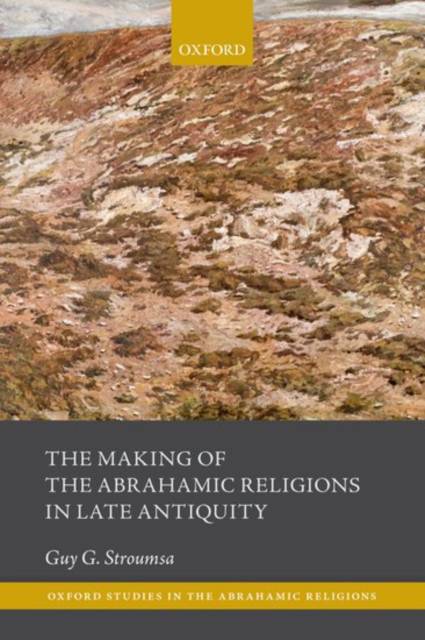
- Retrait gratuit dans votre magasin Club
- 7.000.000 titres dans notre catalogue
- Payer en toute sécurité
- Toujours un magasin près de chez vous
- Retrait gratuit dans votre magasin Club
- 7.000.0000 titres dans notre catalogue
- Payer en toute sécurité
- Toujours un magasin près de chez vous
Description
This book presents how ancient Christianity must be understood from the viewpoint of the history of religions in late antiquity. The continuation of biblical prophecy runs like a thread from Jesus through Mani to Muhammad. And yet this thread, arguably the single most important characteristic of the Abrahamic movement, often remains outside the mainstream, hidden, as it were, since it generates heresy. The figures of the Gnostic, the Holy man, and the mystic are all sequels of the Israelite prophet. They reflect a mode of religiosity that is characterized by high intensity. It is centripetal and activist by nature and emphasizes sectarianism and polemics, esoteric knowledge, or gnosis and charisma. The other mode of religiosity, obviously much more common than the first one, is centrifugal and irenic. It favors an ecumenical attitude, contents itself with a widely shared faith, or pistis, and reflects, in Weberian parlance, the routinisation of the new religious movement. This is
the mode of priests and bishops, rather than that of martyrs and holy men. These two main modes of religion, high versus low intensity, exist simultaneously, and cross the boundaries of religious communities. They offer a tool permitting us to follow the transformations of religion in late antiquity in general, and in ancient Christianity in particular, without becoming prisoners of the traditional categories of Patristic literature. Through the dialectical relationship between these two modes of religiosity, one can follow the complex transformations of ancient Christianity in its broad religious context.
the mode of priests and bishops, rather than that of martyrs and holy men. These two main modes of religion, high versus low intensity, exist simultaneously, and cross the boundaries of religious communities. They offer a tool permitting us to follow the transformations of religion in late antiquity in general, and in ancient Christianity in particular, without becoming prisoners of the traditional categories of Patristic literature. Through the dialectical relationship between these two modes of religiosity, one can follow the complex transformations of ancient Christianity in its broad religious context.
Spécifications
Parties prenantes
- Auteur(s) :
- Editeur:
Contenu
- Nombre de pages :
- 240
- Langue:
- Anglais
- Collection :
Caractéristiques
- EAN:
- 9780198786009
- Date de parution :
- 06-09-17
- Format:
- Livre broché
- Format numérique:
- Trade paperback (VS)
- Dimensions :
- 231 mm x 155 mm
- Poids :
- 385 g

Les avis
Nous publions uniquement les avis qui respectent les conditions requises. Consultez nos conditions pour les avis.






